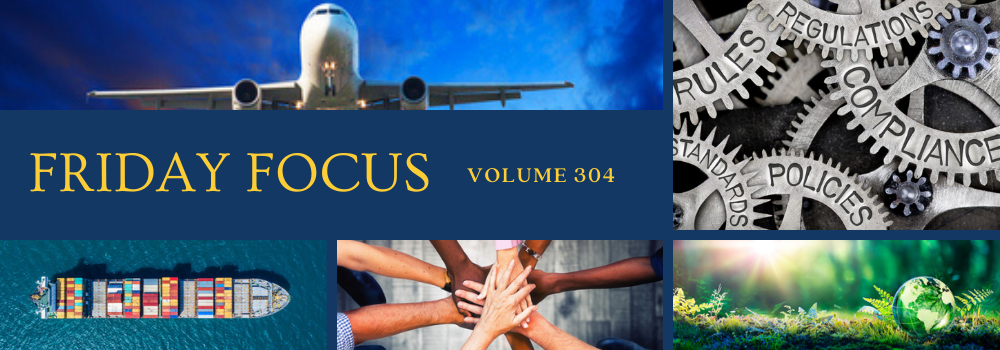After a rapid but uneven recovery in 2021, the world economy is in the midst of cascading and multiplying crises. With incomes still below 2019 levels in many major economies, growth is slowing everywhere. The cost-of-living crisis is hurting the majority of households in advanced and developing countries. Damaged supply chains remain fragile in key sectors. Government budgets are under pressure from fiscal rules and highly volatile bond markets.
Debt-distressed countries, including over half of low-income countries and about a third of middle-income countries, are edging ever closer to default. Financial markets are jittery, as questions mount about the reliability of some asset classes. The vaccine roll-out has stalled, leaving vulnerable countries and communities exposed to new outbreaks of the pandemic.
Against this troubling backdrop, climate stress is intensifying, with mounting loss and damage in vulnerable countries who lack the fiscal space to deal with disasters, let alone invest in their own long-term development. In some countries, the economic hardship resulting from these compounding crises is already triggering social unrest that can quickly escalate into political instability and conflict.
The resulting policy challenges are daunting, especially in an international system marked by rising distrust. At the same time, the institutions of global economic governance, tasked since 1945 with mitigating global shocks, delivering international public goods and providing a global financial safety net, have been hampered by insufficient resources and policy tools and options that are “rigid and old fashioned”.
Even as growth in advanced economies slows down more sharply than anticipated in last year’s Report, the attention of policymakers has become much too focused on dampening inflationary pressures through restrictive monetary policies, with the hope that central banks can pilot the economy to a soft landing, avoiding a full-blown recession. Not only is there a real danger that the policy remedy could prove worse than the economic disease, in terms of declining wages, employment and government revenues, but the road taken would reverse the pandemic pledges to build a more sustainable, resilient and inclusive world.
…The world is facing a systemic crisis and only systemic action can solve it. Focusing solely on a monetary policy approach – without addressing supply-side issues in trade, energy and food markets – to the cost-of-living crisis may indeed exacerbate it. Under current supply-chain challenges and rising uncertainty, where monetary policy alone cannot safely lower inflation, pragmatism will need to replace ideological conformity in guiding the next policy moves.
